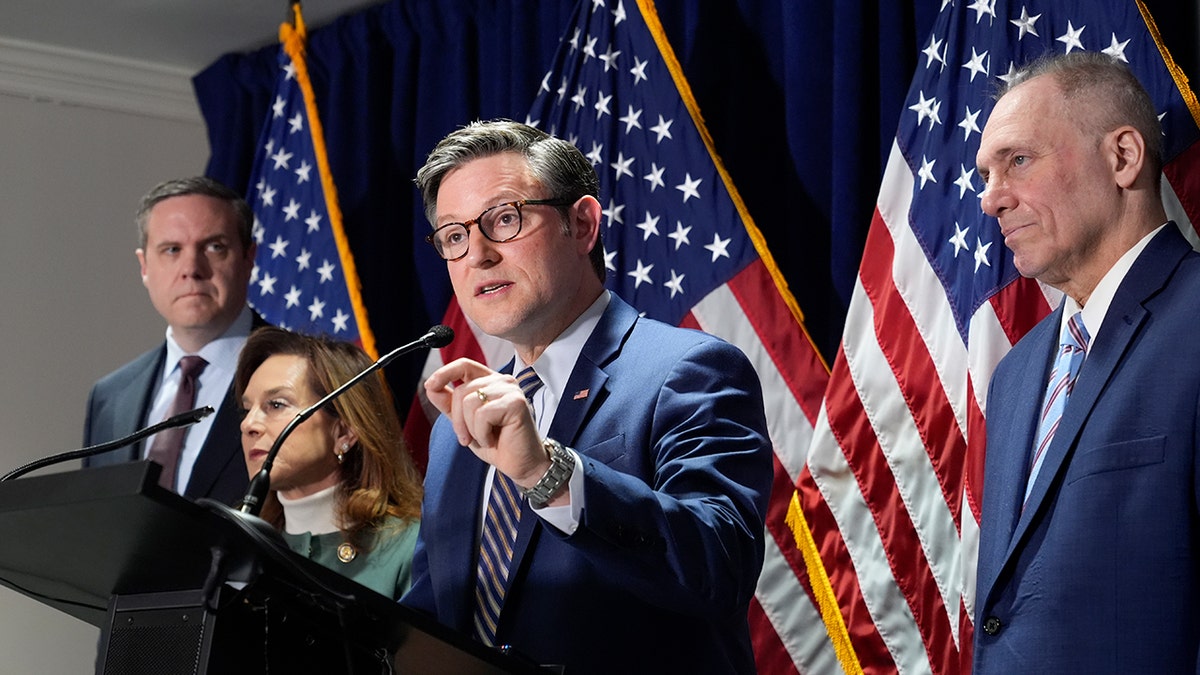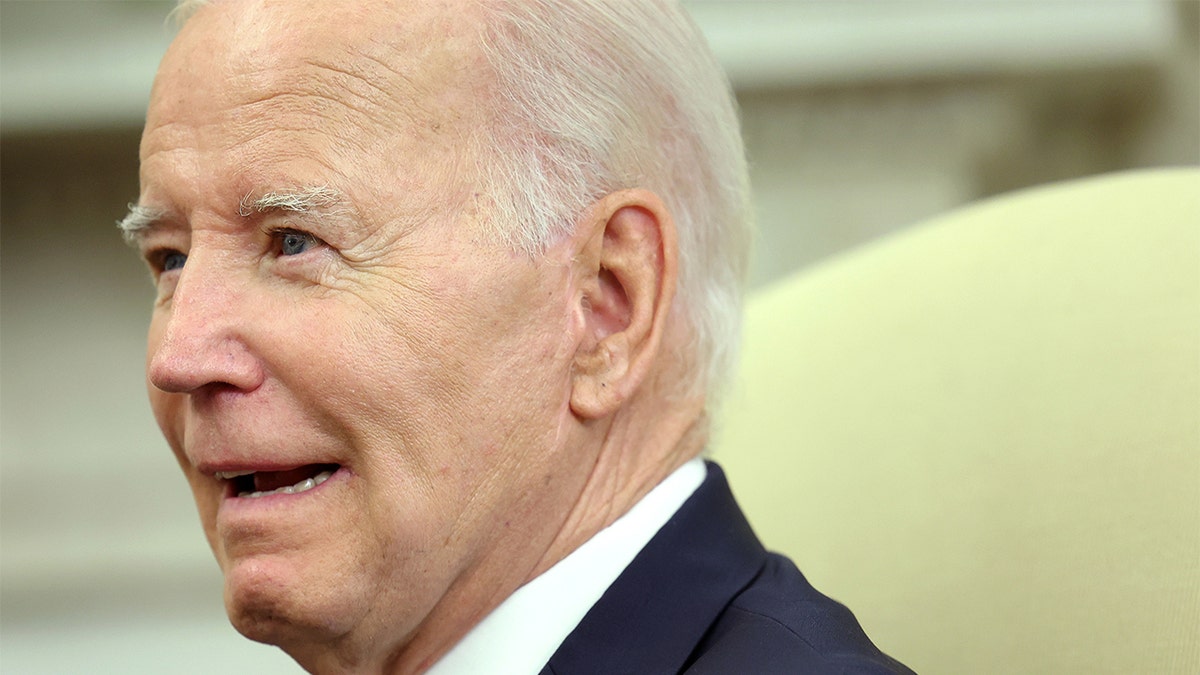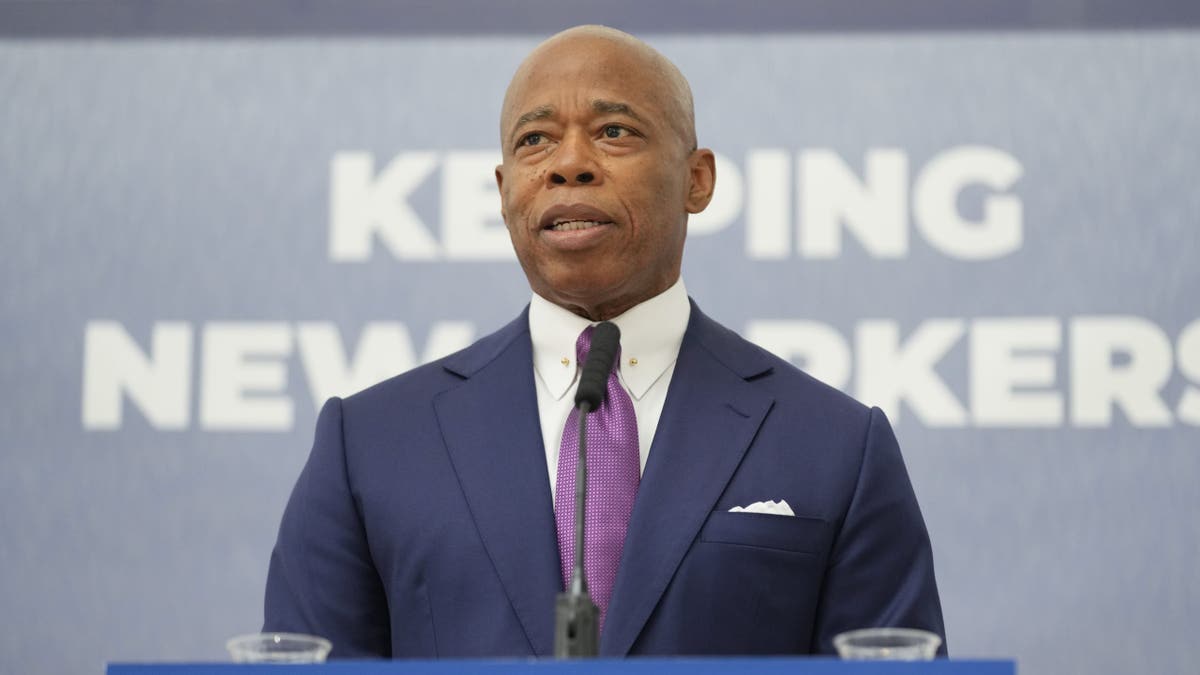The clock is ticking. Unless Republicans in Congress can find common ground on budget reconciliation, American families face a staggering $4 trillion tax increase in the coming months. This situation mirrors the challenges faced in 2017 when, as the White House director of Legislative Affairs, I worked to secure President Trump's historic tax relief package. Back then, with no Democratic support for lowering the corporate tax rate and repatriating American jobs, budget reconciliation was the sole viable option.
Today, a similar scenario confronts Republicans. The House Budget Committee resolution, recently approved, offers the most efficient way to prevent these impending tax increases. Unlike the current Senate proposal, this resolution directly addresses tax provisions. President Trump's endorsement of a comprehensive legislative solution is spot-on.
The political landscape has shifted since 2017. Republicans hold a much slimmer House majority, leaving little room for dissent. Passing crucial legislation requires near-unanimous support within the party. A single, unified bill addressing conservative priorities on taxes, immigration, and spending cuts is the only realistic path to success. If Republicans fail to protect American families from this financial burden, they will share the blame with congressional Democrats.

The House budget resolution, having just cleared committee, outlines a plan to extend the Trump tax cuts, implement $2 trillion in spending reductions, and provide American businesses with the long-term stability needed for domestic investment.
This consolidated budget approach is the most effective way to ensure swift and certain tax reauthorization. Prompt action is critical, not only to alleviate concerns about potential tax increases, but also to foster confidence in the American economy, encouraging timely investments. Delaying this process risks pushing any noticeable positive impacts beyond the upcoming midterm elections.
The Senate's preference for a two-budget strategy, supposedly to maintain flexibility, is flawed. This approach prioritizes areas of greater conservative agreement, like energy and immigration, while relegating tax reauthorization. While this might seem like a strategic warm-up, it jeopardizes the extension of tax relief.

Furthermore, a two-budget approach translates into four separate bills requiring passage – a feat never before accomplished. This complexity adds unnecessary hurdles to an already challenging legislative process.
Republicans lack the time for drawn-out debates or the Senate's convoluted four-bill strategy. Passing significant legislation is inherently difficult, as intended by our Founding Fathers. Given the narrow House majority, preventing a substantial tax hike on American households demands unified Republican support for President Trump's favored single budget resolution. Failure to act decisively will have dire economic consequences.








